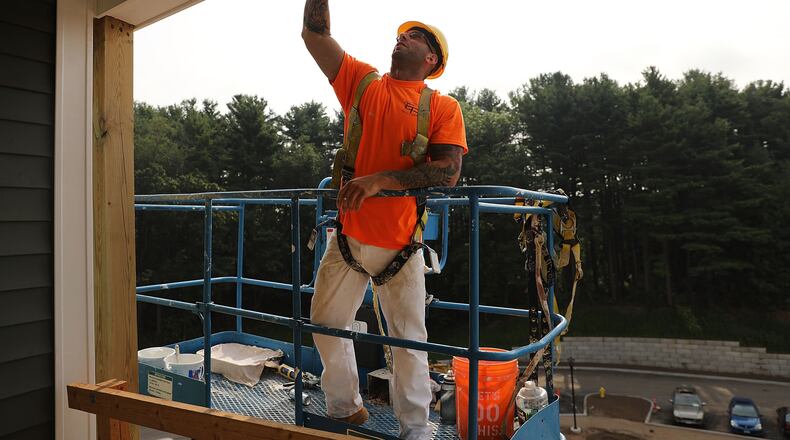Lee Edmondson Grimes is an associate professor of counseling at Valdosta State University. In this piece, she writes about the expanding role of school counselors in career exploration and development.
Grimes notes that school counselors are now trained in advising students about all careers, including technical, trade, apprenticeships, college, and university.
By Lee Edmondson Grimes
Two events this month, tomorrow's National Career Development Day and the Manufacturing Expo and Technical College Cornucopia at last week's Georgia School Counselor Association Conference, underscore the role school counselors play in the career development of students.
Starting in elementary school, school counselors set the groundwork for career development by making students aware of the connectedness of personal interests, skills, and talents. Elementary counselors provide classroom lessons to dispel career stereotypes and bring awareness of the wide range of careers available in the world of work.
In middle school, school counselors design career lessons in which students explore Georgia’s 17 career clusters, ranging from agriculture, food, and natural resources to manufacturing and transportation. They lead students through career assessments to help them identify career interests and abilities. At both levels, school counselors teach the soft skills or work habits needed for success in the workplace. When tied to academic skills, students learn that academics and work excellence lead to personal success.
Credit: Maureen Downey
Credit: Maureen Downey
By high school, counselors help students choose career pathways, guide them toward work-based learning and high demand careers, teach soft skills often based on content from Career, Technical, and Agricultural Education, organize dual enrollment, present college fairs, and coordinate workforce development such as apprenticeships.
This year school counselors from around the state participated in externships with local manufacturing to bring focus to career opportunities in growing areas of the state’s manufacturing sector. In the coming months school counselors from around the state will be invited to take part in a similar construction-focused day.
One area of evolution in school counselor training is the current approach to college and career development, no longer defined narrowly as the route to a four-year degree.
Similarly, the Georgia School Counselor Association supports a broad range of postsecondary options as a part of career development. Dr. Tinisha Parker, GSCA president, added a Manufacturing Expo and Technical School Cornucopia to this year's conference so counselors could learn more about manufacturing and technical school opportunities.
Globalization and a multitude of economic and workforce changes mean the school counselor’s role in providing engaging career development is more important than ever. However, ratios of school counselors to students are often far above the American School Counselor Association's recommendation of one to 250. The average ratio in Georgia is one to 450, and some schools have one to 1,000 students.
Keep in mind that career development is one aspect of the school counselor’s role. Counselors are on the frontline providing social/emotional lessons and short-term counseling for students experiencing typical developmental challenges. School counselors are often first to respond in situations involving bullying, chronic absenteeism, and school safety. In many cases, school counselors are the first to identify students experiencing a serious mental health crisis or the effects of abuse or neglect.
Many school counselors are unable to offer the full array of academic and career programs on which they are trained and that could benefit students. With manageable student numbers, school counselors report they would offer small group counseling to focus on academic skills and to correlate academic achievement to career success. They would collaborate with their local business and industry to plan unique mentoring and apprenticeships and to explore areas of job growth for students. In those Georgia schools with the highest student to school counselor ratios, such career development interventions may be abbreviated or even unavailable as school counselors respond to the needs of so many.
Ask a school counselor this week about the types of career development interventions he or she provides. Maybe, the school counselor is coordinating college and career events for National Career Development Day. Due to confidentiality, the counselors won’t tell you about the student who was suicidal or the student who was failing three classes until they stepped in to offer academic assistance.
But school counselors would be delighted to tell you about the knowledge and skills they possess to position students for success through career development interventions focused on a range of postsecondary options all leading into the world of work.
About the Author
Keep Reading
The Latest
Featured




